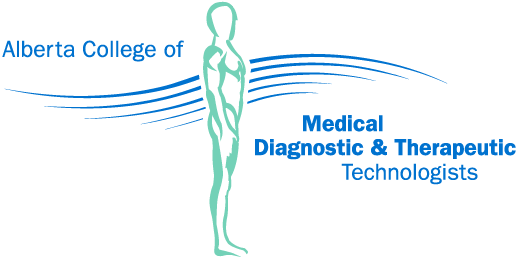Professional Standards of Practice form the framework to measure the quality of care and service provided by regulated members of the College. The standards are broadly stated, recognizing that practice communities vary and that practice continues to evolve in response to changes in legislation, technology and consumer needs.
Standards of Practice describe to the public those practices considered essential to the provision of high-quality care. Those same Standards, in conjunction with entry-to-practice competency statements, are used by educators to design education programs and practice assessments. Regulated members use the Standards of Practice for self-monitoring processes and to facilitate continued learning initiatives. The Standards are also used by the College during the complaints process.
Revised Standard 2.1 for Female Genital Mutilation (May 25, 2023)
The Health Professions (Protecting Women and Girls) Amendment Act, formerly known as Bill 10, came into effect on May 31, 2022. This amendment requires health professional regulatory colleges in Alberta, including the ACMDTT, to adopt standards of practice that set out registrant expectations regarding Female Genital Mutilation (FGM).
Female genital mutilation (FGM) or female circumcision involves injury to or partial or total removal of the external female genitalia for non-medical reasons. Such procedure / practice is classified as aggravated assault under the Criminal Code of Canada.
In response to this legislative requirement, the College reviewed and enhanced its current practice standards to ensure clear FGM practice expectations.
As a result, the following standards of practice revisions were made, and registrants should take note that Standard 2.1 now includes:
- An amended indicator, (f), that reinforces the need for registrants to report FGM.
- A new indicator, (g), which addresses the need for ACMDTT registrants to not procure/facilitate FGM.
- Glossary term clarifications and additions to address FGM and other mandatory reporting requirements.
Read the College’s news release on this revised Standard 2.1.
New/Updated Standards Due to Regulation Changes (March 31, 2023)
Due to amendments to the Medical Diagnostic and Therapeutic Technologists Profession Regulation (the Regulation) coming into force on March 31, 2023, some regulatory requirements have moved out of the Regulation and into the Standards of Practice.
Prior to March 31, the frameworks for the College’s Restricted Activities and Continuing Competence Program (CCP) were set out in the Regulation. On March 31, those frameworks will be removed from the Regulation and added to our Standards of Practice. The revised Standard 2.3 Restricted Activities and new Standard 6.0 Continuing Competence Program builds on the current Regulation and does not include any changes impacting registrants or their practice.
Standard 2.3 Restricted Activities (Revised)
In response to Bill 46, the College reviewed and enhanced its current Standards of Practice to ensure clear restricted activity policy alignment. The following revisions were made, and Standard 2.0 now includes the following:
- Standard 2.3: Restricted Activities
- Standard 2.3.1: Performance of Restricted Activities
- Standard 2.3.2: Supervision of Restricted Activities
- Glossary term clarifications and additions to address restricted activity regulatory requirements.
Standard 6.0 Continuing Competence Program (NEW)
The Continuing Competence Program (CCP) remains a government requirement. However, the CCP’s move to the College’s Standards allows for quicker and simpler program refinement through Council.
Standards of Practice (2023) (Revised)
Due to the above changes, a revised Standards of Practice that points to the above individual documents has been developed.
Standards of Practice (2019)
The 2019 revision of the Standards of Practice involved an Advisory Group representing all five specialties and an environmental scan that included a review of comparators and feedback and consultation from the Advisory Group, government and other external stakeholders. The 2019 edition of the Standards of Practice came into effect on September 1, 2019.
